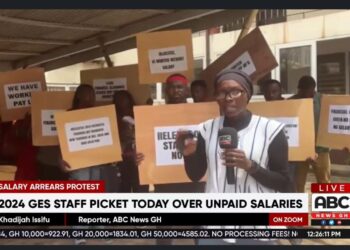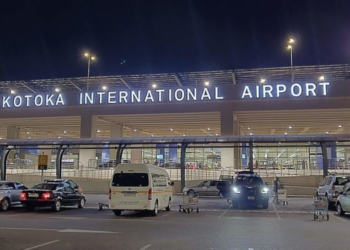Public health analyst Samuel Arthur has voiced concerns that the Ministry of Health may be overreacting by declaring a public health emergency regarding the Vaccine-Derived Poliovirus type 2 (cVDPV2).
In an interview with ABC News, Arthur emphasized the importance of transparency from the ministry to help the public fully grasp the gravity of the situation before such declarations are made.
He believes that clear communication is essential for individuals to take appropriate preventive measures and respond effectively.
The Ministry of Health’s emergency declaration follows the detection of cVDPV2 in an environmental sample collected from the Nsukwao River in Koforidua, Eastern Region.
This alarming finding was confirmed on September 5, 2024, after initial suspicions were raised on September 3.
The virus poses a significant risk, particularly to children under five years old, as it can lead to paralysis and even death.
Dr. Nelly Adade, a pediatrician, reinforced the seriousness of the situation during a segment on ABC in the Morning, warning that the mutated cVDPV2 can be as dangerous as the wild poliovirus.
She explained that the oral polio vaccine can mutate within the intestine, altering its form and causing paralysis, especially in communities with low immunity.
Dr. Adade underscored that children under five are especially vulnerable to the dire effects of this mutation, which can lead to severe spinal damage or death.
In light of these developments, the Ministry of Health is urging the public to adopt preventive measures to mitigate the virus’s spread. They recommend strict adherence to personal hygiene, including thorough handwashing after using the toilet and before eating.
Dr. Adade also stressed the importance of vaccination, advising mothers to prioritize their children’s immunizations to bolster immunity against polio. She cautioned that unvaccinated children are at greater risk of contracting infections, jeopardizing their future health.

































